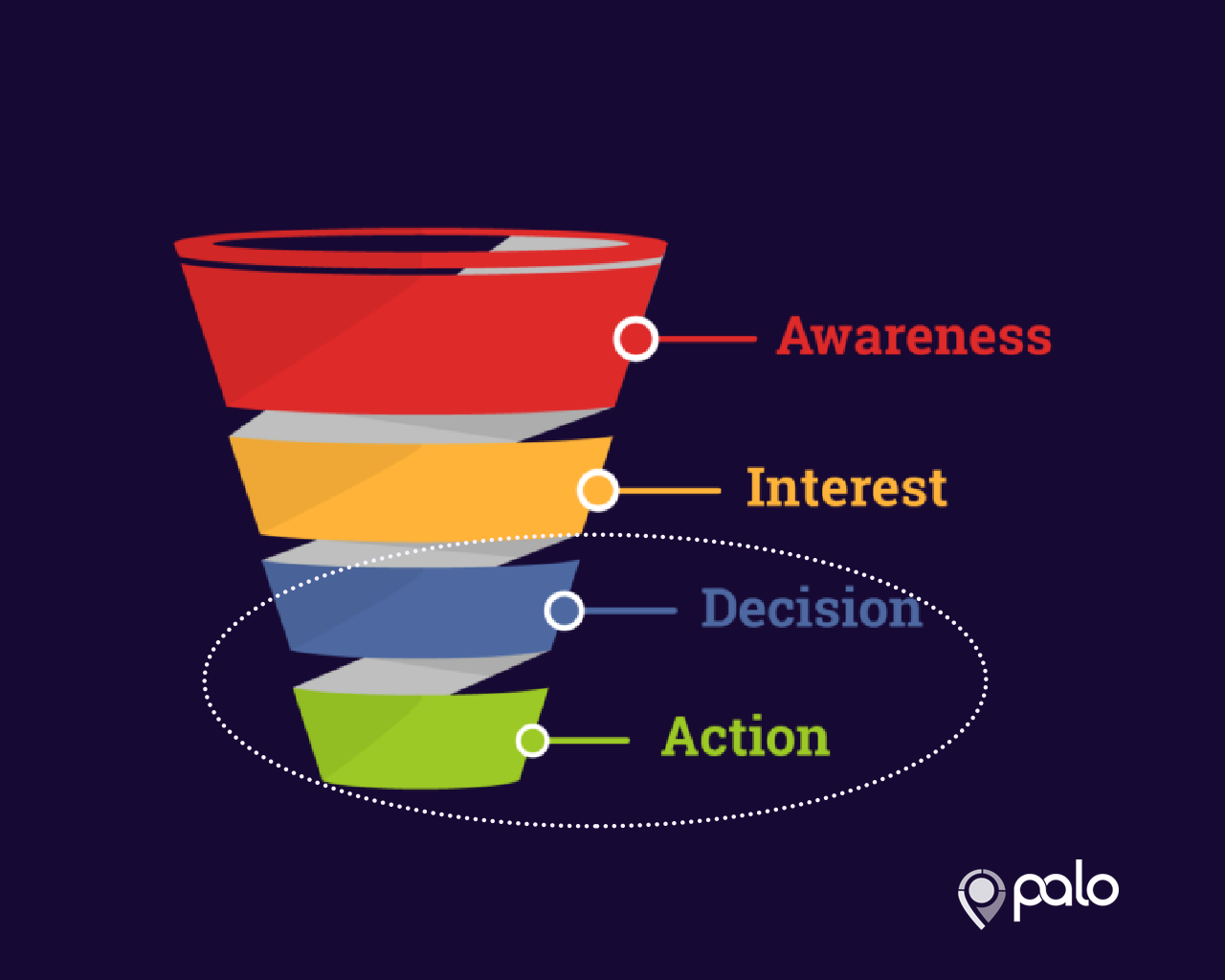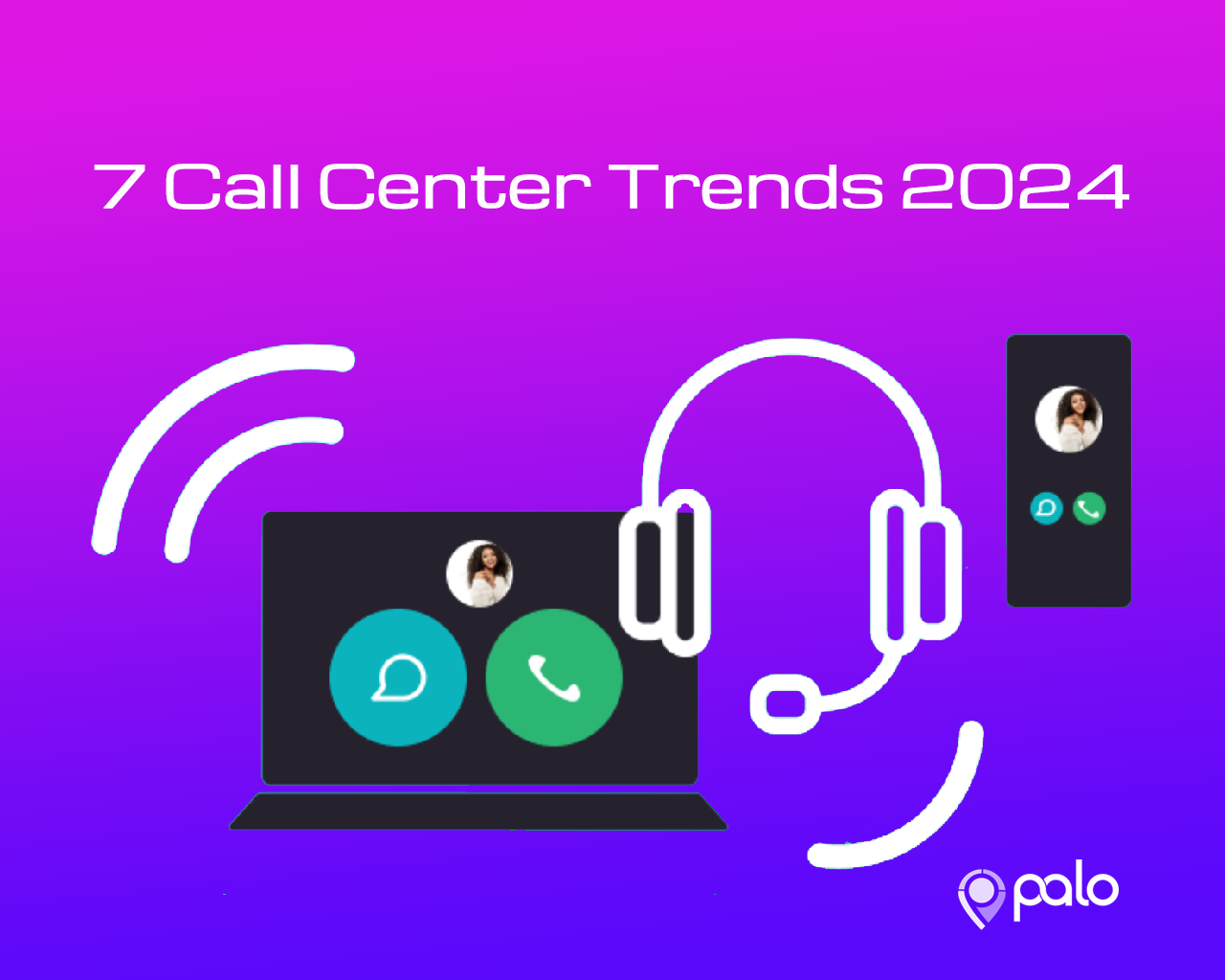
AI and the Future of Contact Centers: What Should We Expect?
The rapid growth of digital communication networks and the internet has led to a new age of customer service, where businesses must respond and adapt to the ever-changing customer needs.
ChatGPT, a cutting-edge artificial intelligence (AI) language model created by OpenAI, is one technology with the potential to completely transform the customer service industry.
Today, businesses have been forced to find a way of using the Large Language Model (LLM) to handle customer queries, automate repetitive tasks, and provide accurate customer support.
The possibilities for contact centers in the future are even more promising. ChatGPT might transform the industry by elevating automation and improving overall customer experience.
In today’s post, we discuss the practical application of AI trends in contact centers and share the importance of leveraging AI to its full potential. Let us dive in together.
Current AI Trends in the Contact Center
You have probably already interacted with AI if you have ever called a major bank or telecom provider, even though you may have been unaware.
Technologies such as Nuance have long worked behind the scenes to improve customer experiences and shorten wait times by integrating with interactive voice response (IVR) systems.
AI-powered technologies have evolved considerably since their infancy. Chatbots and virtual assistants are among the most renowned ways contact centers use AI.
These AI-driven technologies effectively manage client inquiries while offering information and support using voice or text interactions. This allows human agents to concentrate on more complex problems.

IVR systems powered by AI use natural language comprehension to automatically route calls to the correct person or department and reduce wait times.
AI also helps understand customer feelings and preferences by examining the tone and mood of written or spoken communications. Customer service representatives can personalize their responses according to the consumer’s emotional state.
AI-powered speech analytics track real-time customer-agent interactions and give agents immediate feedback to increase customer satisfaction.
Predictive analytics assists contact centers in making the most of their resources and guaranteeing a productive staff by predicting consumer behavior and call volumes.
Future Trends of ChatGPT in Contact Centers
ChatGPT, and AI in general, are unlikely to replace the value of a contact center in a business. Still, it can be an excellent tool for redirecting inquiries and supporting less experienced agents. Here are some key ChatGPT trends that will shape the future of contact centers.
Improved customer service interactions
ChatGPT is transforming how contact centers relate with customers. Thanks to its natural language processing skills, it can interpret and address customer inquiries through human-like dialogue.
ChatGPT may be able to answer complex questions, deliver customized responses, and offer real-time support in the future.
Customers may expect more precise responses as AI technology advances, and making this possible can increase their satisfaction levels.
Automated call routing and triage
ChatGPT might transform call triage and routing in the future, playing an even bigger role in contact centers.
As AI technology advances, ChatGPT could become even more efficient at decoding and interpreting customer inquiries, enabling more precise and effective call routing.

The improved machine learning capabilities could enable ChatGPT to recognize trends in customer inquiries, recognize their preferences, and easily link them to the appropriate agent or department.
This trend may lead to quicker responses and shorter wait times and improve overall customer satisfaction.
Automation of repetitive tasks
Thanks to AI technology, contact centers will likely automate repetitive tasks soon.
ChatGPT is still developing its language processing capabilities, which could enable it to handle a broader range of customer inquiries and provide more accurate responses.
That could enable contact centers to automate most routine customer interactions, including frequently asked questions and basic problem-solving, leaving human agents to concentrate on more complex customer concerns.
By automating processes, contact centers may handle larger call volumes, boost efficiency, and provide a better customer experience.
Simultaneous handling of multiple calls
Contact centers are considering using ChatGPT’s AI-powered virtual agents to manage multiple phone calls concurrently.
With time, ChatGPT-powered virtual agents could better manage several conversations simultaneously, revolutionizing how contact centers manage phone calls.

Customers won’t have to wait in line since these AI-powered operators will have the capacity to process and handle many phone calls in real time.
Contact centers may significantly improve their KPIs, operational efficiency, and customer satisfaction by maximizing agent productivity and minimizing caller wait times.
Integration with other channels
The adaptability of ChatGPT goes beyond contact centers that operate over the phone. In the future, it will effortlessly integrate with several communication channels, such as chatbots, social networking sites, and messaging applications.
Through this connectivity, contact centers can provide omnichannel customer assistance, allowing users to switch between channels without losing context and continuity.
ChatGPT will enable contact centers to satisfy the changing consumer needs and preferences by delivering an integrated customer experience across different platforms, resulting in improved engagement and satisfaction.
Risks of AI in Contact Centers
AI has a promising future in contact centers, but businesses must be aware of the risks and challenges that might arise. One primary concern is that AI may provide inappropriate or incorrect responses.
Contact centers can mitigate this risk when using it in agent-assist use cases. The problem is that the risk of “getting it wrong” increases as AI is made more accessible and targeted at end users.
So, even if the risk of failure is small, use cases in the banking, healthcare, and public sectors cannot afford to automate interactions entirely.

AI has advanced significantly, but contact centers must still have robust surveillance systems to guarantee accuracy and quality. They must strike a balance between automation and human interaction.
Automating routine tasks frees agents to concentrate on complex problems, but heavy reliance on automation can lead to impersonal interactions, leaving customers dissatisfied.
Summary
AI has a promising future in contact centers, with the ability to change how customer support is delivered.
Businesses are adopting AI solutions to offer seamless, individualized, and better customer experiences, from improved interactions and automated call routing to virtual agents and emotional intelligence.
With time, AI may transform contact centers into customer-centric hubs where human agents and intelligent robots collaborate to exceed customer expectations.
And PALO is determined to evolve along with these trends to ensure we continue to stay ahead of the curve in the pay-per-call marketing industry.
Our team is fully dedicated to innovating new solutions that meet ever-changing customer needs, helping businesses realize their full potential. We are continually looking for ways to improve efficiency, reduce costs, and create a more personalized pay-per-call campaigns.
Contact us today to learn more about our offers and how we can help your business move to the next level.






